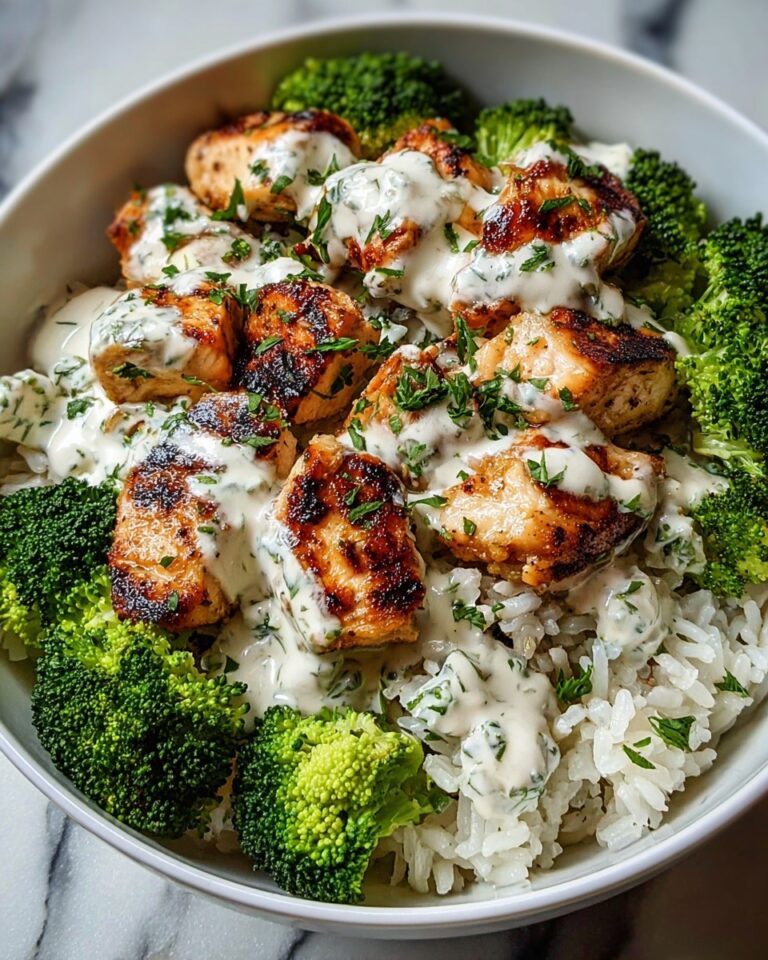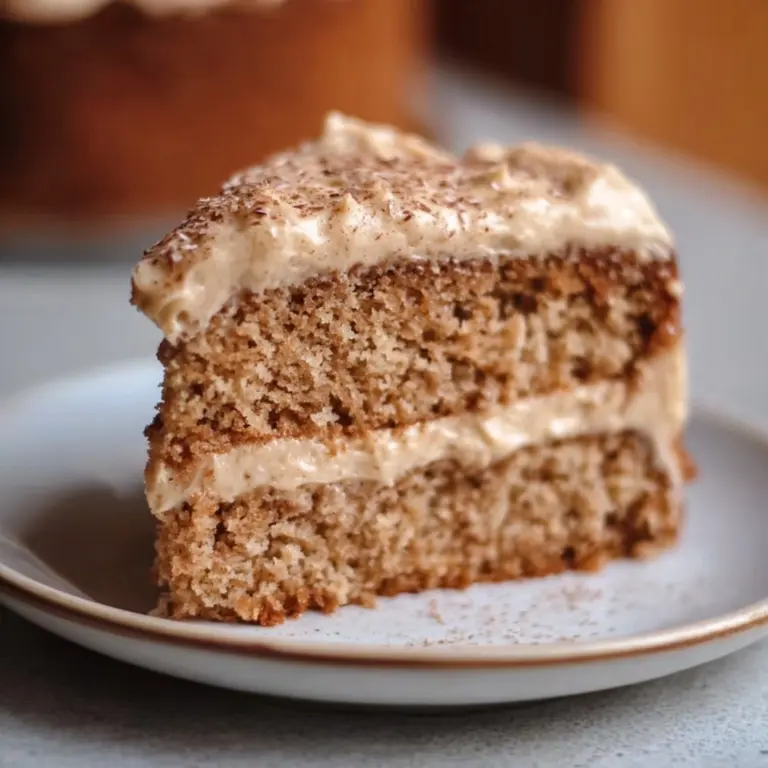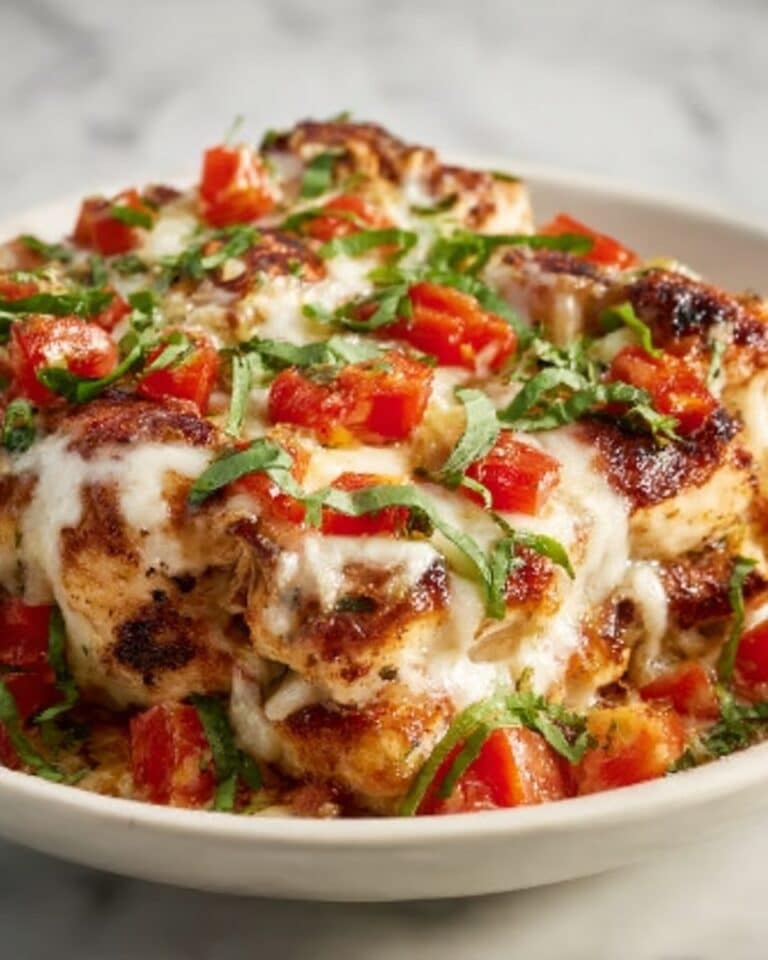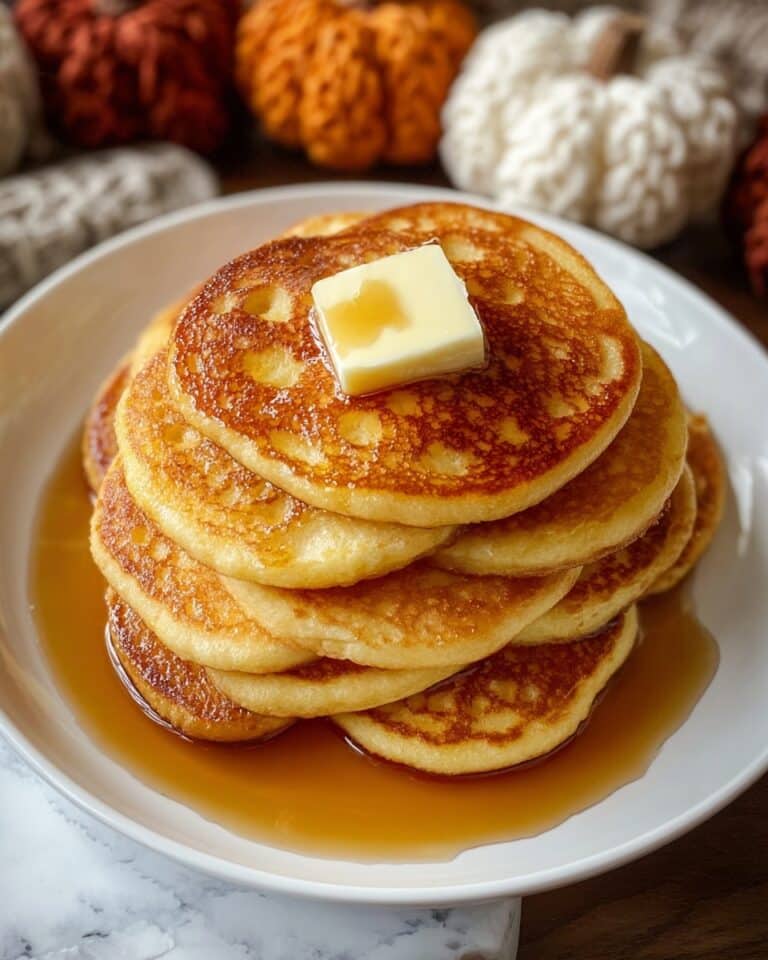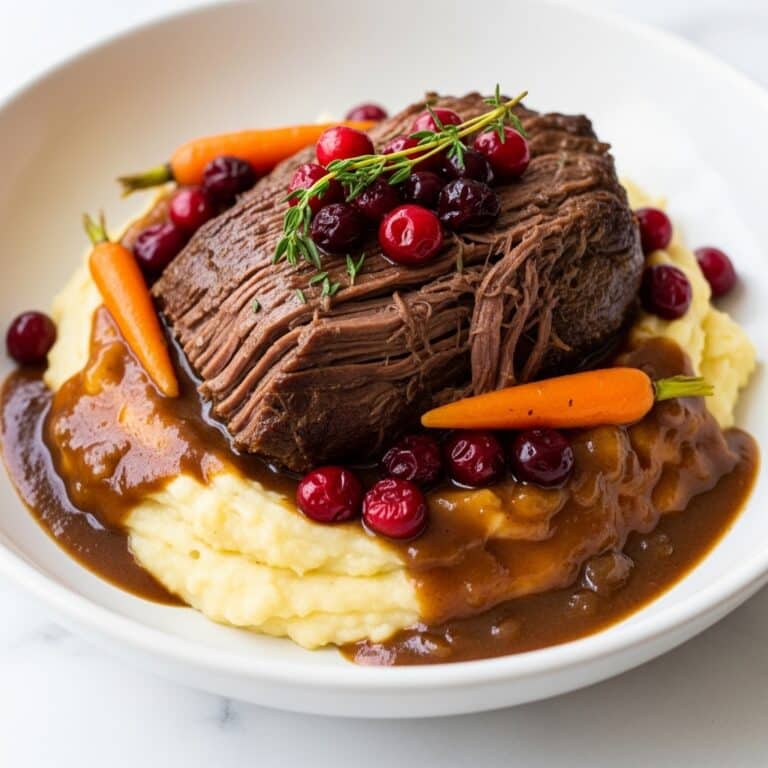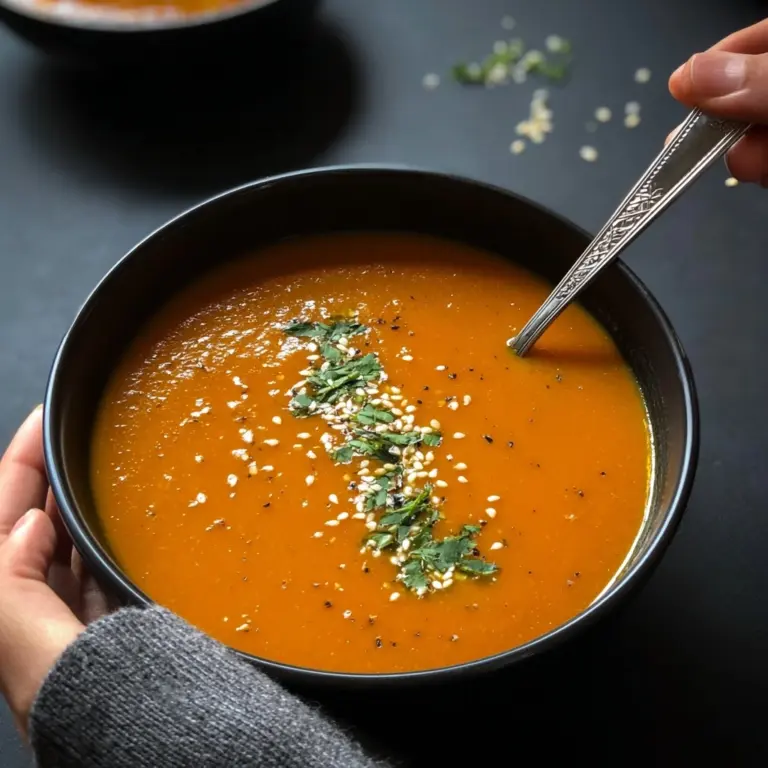Salmon Wellington Recipe
Introduction
Salmon Wellington is an elegant yet surprisingly easy dish that combines flaky puff pastry with tender salmon and a creamy spinach filling. Perfect for special occasions or a comforting dinner, this recipe delivers impressive flavor and presentation.
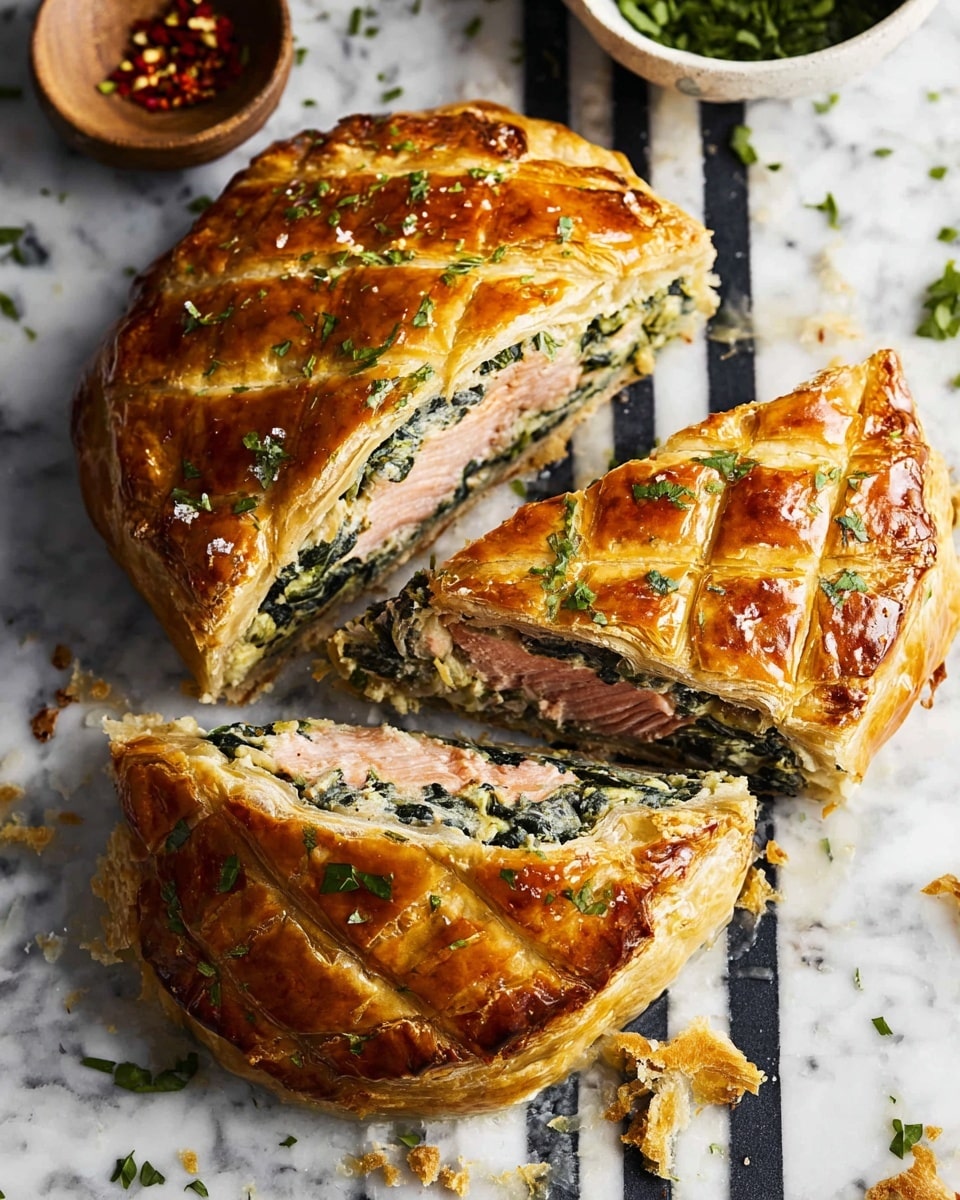
Ingredients
- 1/2 block (4 ounces) cream cheese (room temperature)
- 10 ounces frozen spinach (thawed, squeezed, and drained of excess moisture)
- 1/2 cup mozzarella cheese (shredded)
- Salt to taste
- Black pepper to taste
- 1 sheet puff pastry (thawed)
- 1 pound salmon fillet
- 1 large egg (for egg wash)
Instructions
- Step 1: Preheat the oven to 400 degrees Fahrenheit (200 degrees Celsius).
- Step 2: In a mixing bowl, combine the cream cheese, thawed and drained spinach, and shredded mozzarella cheese. Mix until well incorporated, then season with salt and pepper to taste. Set the filling aside.
- Step 3: On a lightly floured surface, roll out the thawed puff pastry sheet into a rectangle.
- Step 4: Place the cream cheese mixture in the center of the puff pastry, leaving space around the edges.
- Step 5: Lay the salmon fillet on top of the cream cheese mixture, centering it within the puff pastry. Season the salmon with salt and pepper.
- Step 6: Carefully fold the puff pastry over the salmon and filling to encase it completely. Press the edges firmly to seal, using a little water if needed.
- Step 7: Transfer the wrapped salmon to a baking sheet lined with parchment paper, seam side down.
- Step 8: Use a sharp knife to make several small slits on top of the pastry to allow steam to escape during baking.
- Step 9: Beat the egg in a small bowl and brush the top of the pastry with the egg wash to achieve a golden color.
- Step 10: Bake for 25-30 minutes, or until the puff pastry is golden brown and the salmon reaches an internal temperature of 145 degrees Fahrenheit (63 degrees Celsius).
- Step 11: Remove from the oven and let rest a few minutes before slicing and serving.
Tips & Variations
- For extra flavor, add chopped fresh herbs like dill or parsley to the cream cheese mixture.
- Use fresh spinach instead of frozen, sautéed and drained, if preferred.
- Try substituting mozzarella with grated Gruyère or Parmesan for a different cheese taste.
- Make individual portions using smaller cuts of salmon and puff pastry squares for a party appetizer.
Storage
Store any leftovers covered in the refrigerator for up to 2 days. Reheat gently in a low oven (around 300°F/150°C) until warmed through to keep the pastry crisp. Avoid microwaving to prevent sogginess.
How to Serve
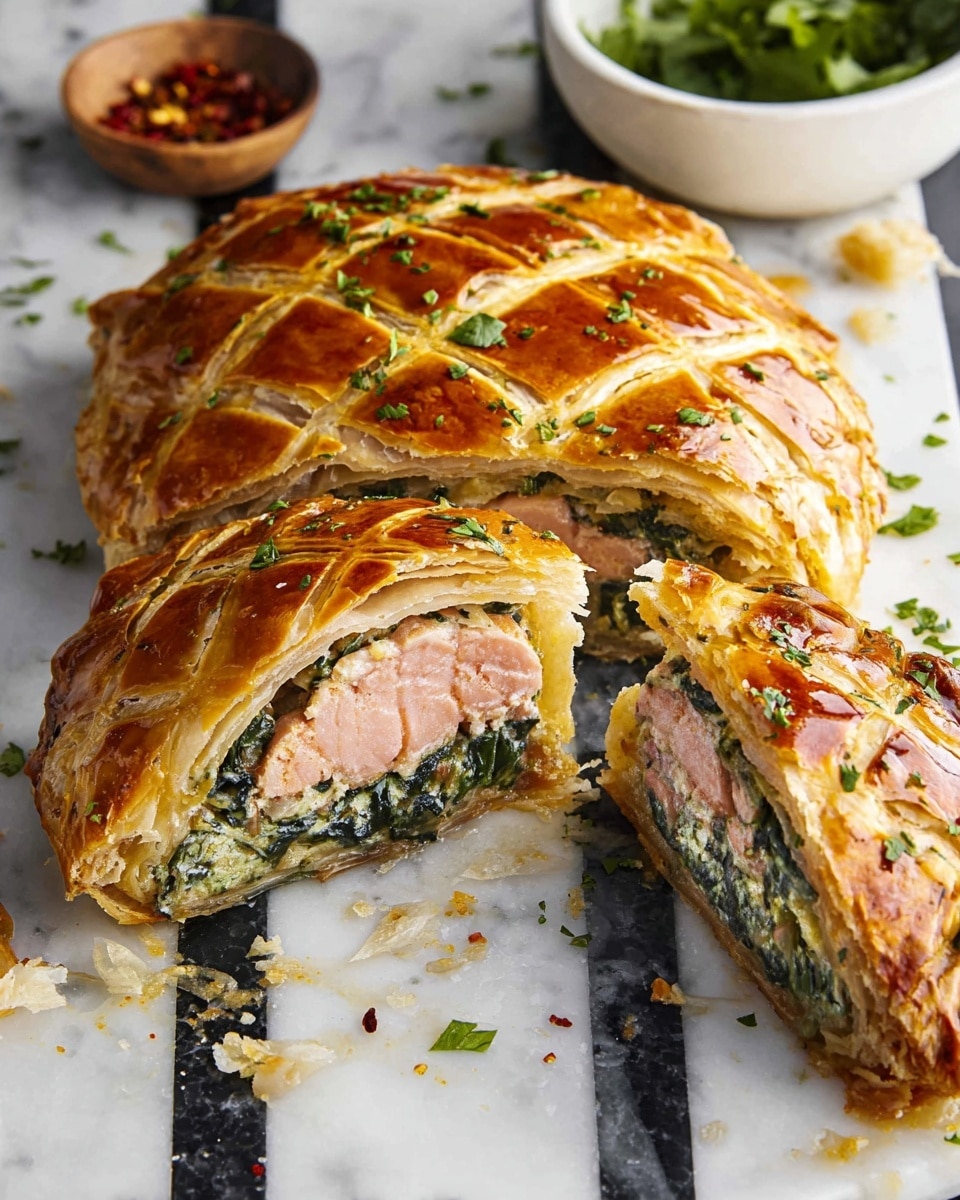
Serve this delicious recipe with your favorite sides.
FAQs
Can I use frozen salmon for this recipe?
It’s best to use fresh or fully thawed salmon to ensure even cooking and avoid excess moisture that can affect the puff pastry texture.
How do I know when the salmon is fully cooked?
The salmon is safely cooked when it reaches an internal temperature of 145°F (63°C). The puff pastry should be golden brown and crisp as well.
PrintSalmon Wellington Recipe
Salmon Wellington is an elegant and flavorful dish featuring a tender salmon fillet encased in a creamy spinach and cheese mixture, all wrapped in flaky puff pastry and baked to golden perfection. This recipe combines rich cream cheese, mozzarella, and seasoned spinach to complement the fresh salmon, making it a perfect centerpiece for special dinners or celebratory occasions.
- Prep Time: 15 minutes
- Cook Time: 30 minutes
- Total Time: 45 minutes
- Yield: 4 servings 1x
- Category: Main Course
- Method: Baking
- Cuisine: American
- Diet: Low Fat
Ingredients
Filling
- 1/2 block (4 ounces) cream cheese (room temperature)
- 10 ounces frozen spinach (thawed, squeezed, and drained of excess moisture)
- 1/2 cup mozzarella cheese (shredded)
- Salt to taste
- Black pepper to taste
Main
- 1 sheet puff pastry (thawed)
- 1 pound salmon fillet
- 1 large egg (for egg wash)
Instructions
- Preheat the oven: Set your oven to 400 degrees Fahrenheit (200 degrees Celsius) to ensure it reaches the perfect temperature for baking your Salmon Wellington evenly.
- Prepare the filling: In a mixing bowl, combine the room-temperature cream cheese, thawed and well-drained spinach, and shredded mozzarella cheese. Mix thoroughly until smooth and evenly incorporated. Season the mixture with salt and black pepper to taste, then set aside.
- Roll out the puff pastry: On a lightly floured surface, gently roll the thawed puff pastry sheet into a smooth rectangle, large enough to encase the salmon and filling with some margin around the edges.
- Add the filling: Place the prepared cream cheese and spinach mixture in the center of the puff pastry, leaving enough space around the edges so you can fold the pastry over the filling comfortably.
- Layer the salmon: Center the salmon fillet on top of the filling inside the puff pastry. Season the top of the salmon with salt and black pepper to enhance its flavor.
- Fold the pastry: Carefully fold the puff pastry over the salmon and filling, making sure to completely encase the salmon. Press the edges firmly together to seal, using a little water if needed to help bind the dough.
- Prepare for baking: Transfer the wrapped Salmon Wellington to a baking sheet lined with parchment paper, placing it seam side down to prevent the pastry from opening while baking.
- Create vents: Use a sharp knife to make several small slits on the top of the pastry. This allows steam to escape during baking, preventing sogginess and ensuring a crisp crust.
- Apply egg wash: Beat the egg in a small bowl to create an egg wash, then brush it evenly over the top of the puff pastry. This will give the Wellington a beautiful golden-brown finish once baked.
- Bake the Wellington: Place the baking sheet in the preheated oven and bake for 25 to 30 minutes, or until the puff pastry is golden brown and crisp, and the salmon reaches an internal temperature of 145 degrees Fahrenheit (63 degrees Celsius).
- Cool and serve: Remove the Salmon Wellington from the oven and let it rest for a few minutes. This rest time allows the juices to redistribute and makes slicing easier. Serve warm and enjoy.
Notes
- Ensure the spinach is well-drained to prevent excess moisture from making the pastry soggy.
- Use fresh or high-quality frozen salmon fillet for best flavor and texture.
- If puff pastry is not thawed adequately, it may tear during rolling or folding.
- For an extra touch, you can add fresh herbs like dill or chives into the cream cheese mixture.
- Check the internal temperature of the salmon with a meat thermometer to avoid under or overcooking.
- The egg wash not only gives color but also helps to seal the edges better.
- Leftover Salmon Wellington can be stored in the refrigerator and reheated gently to preserve the crust.
Keywords: Salmon Wellington, puff pastry, baked salmon, creamy spinach, cheese filling, elegant dinner, seafood entrée


